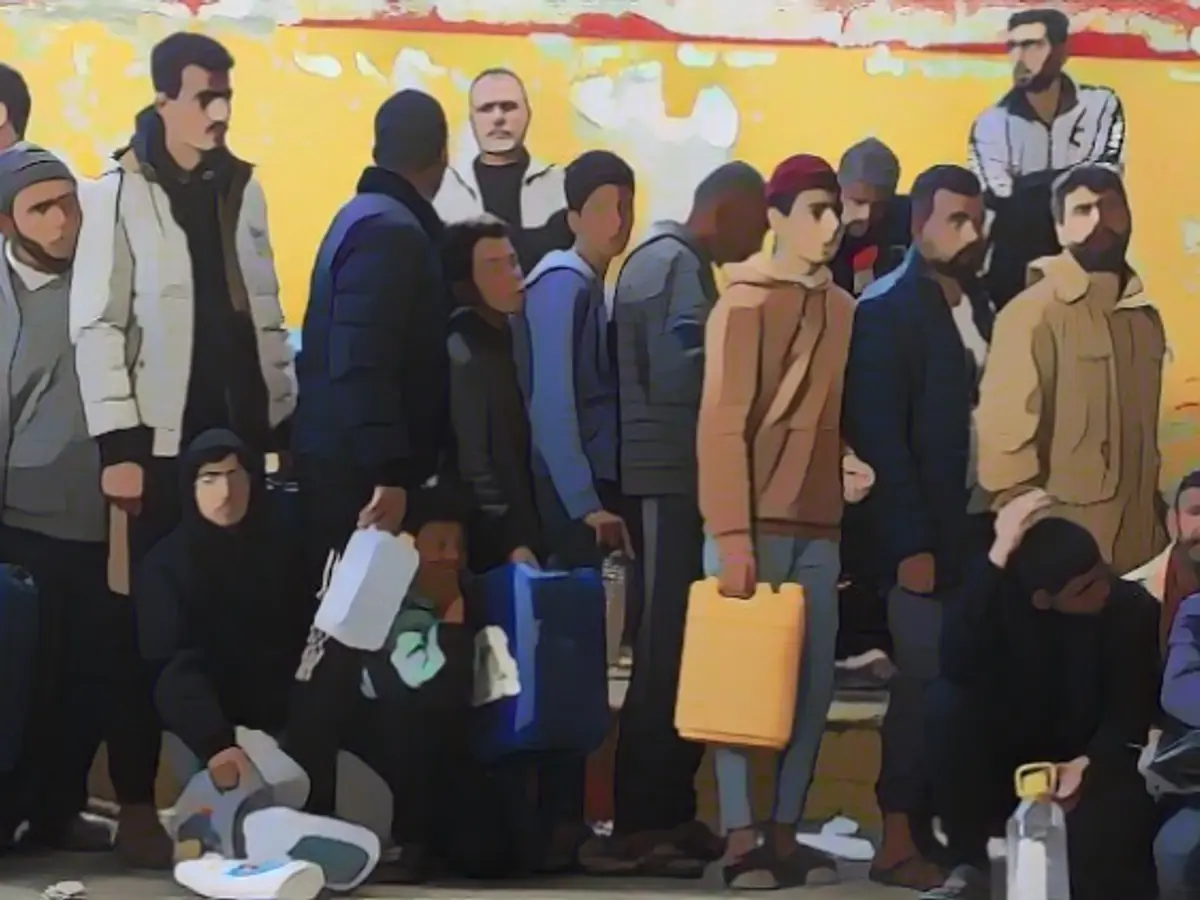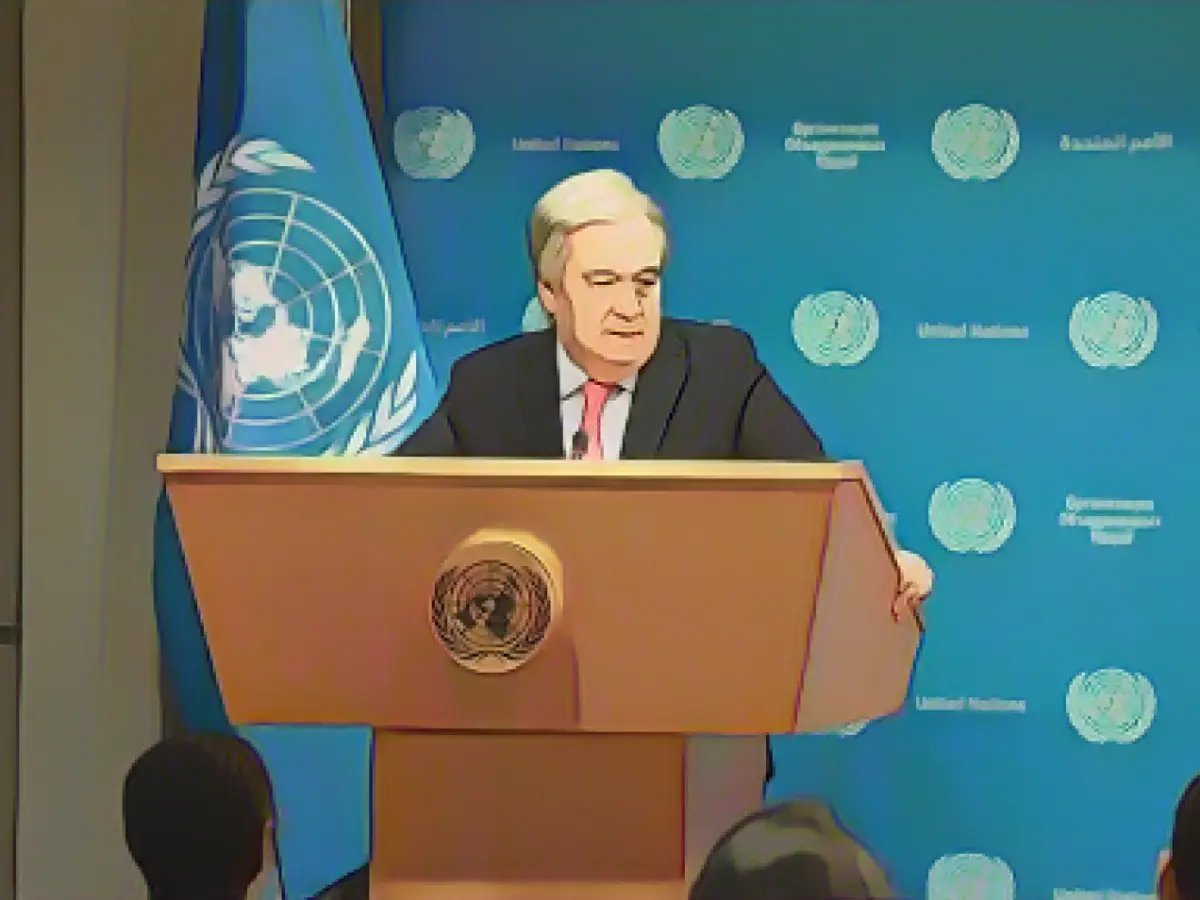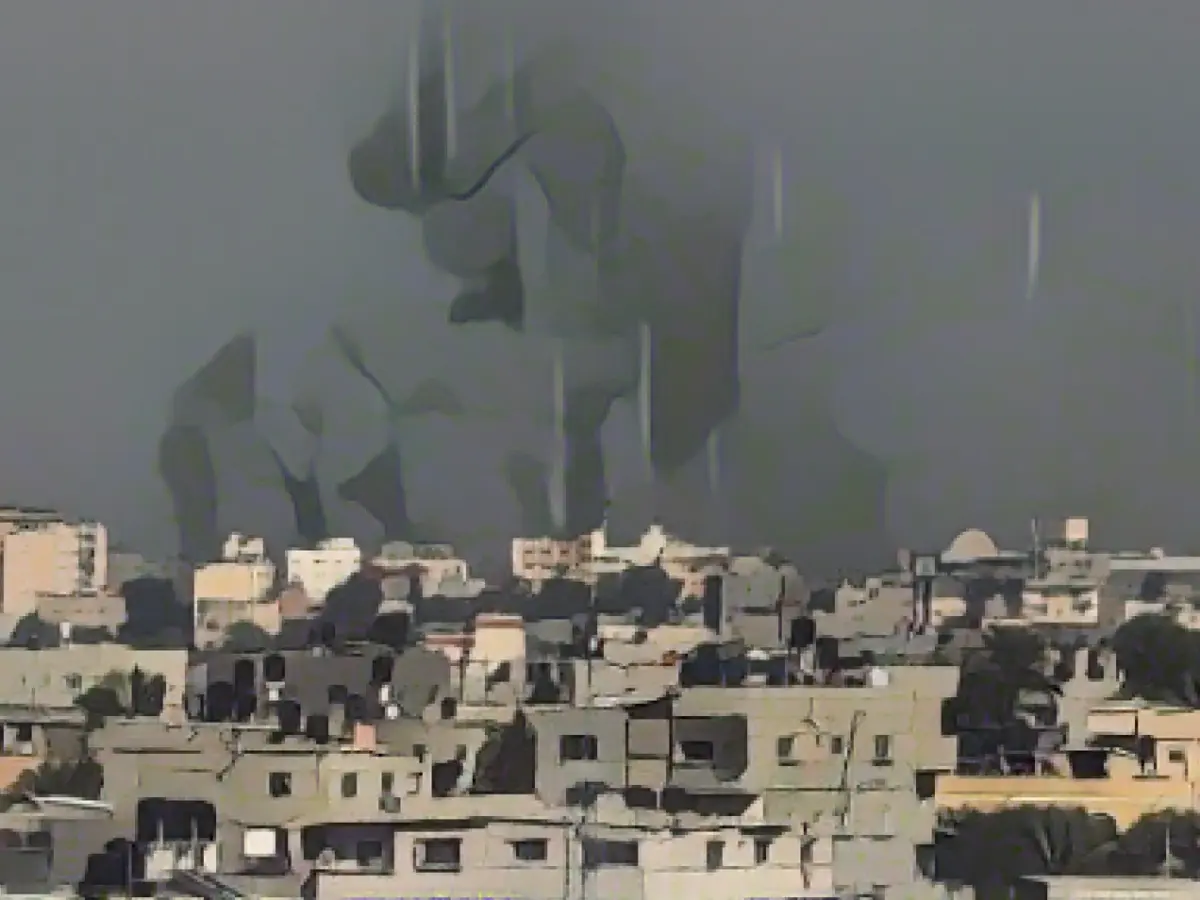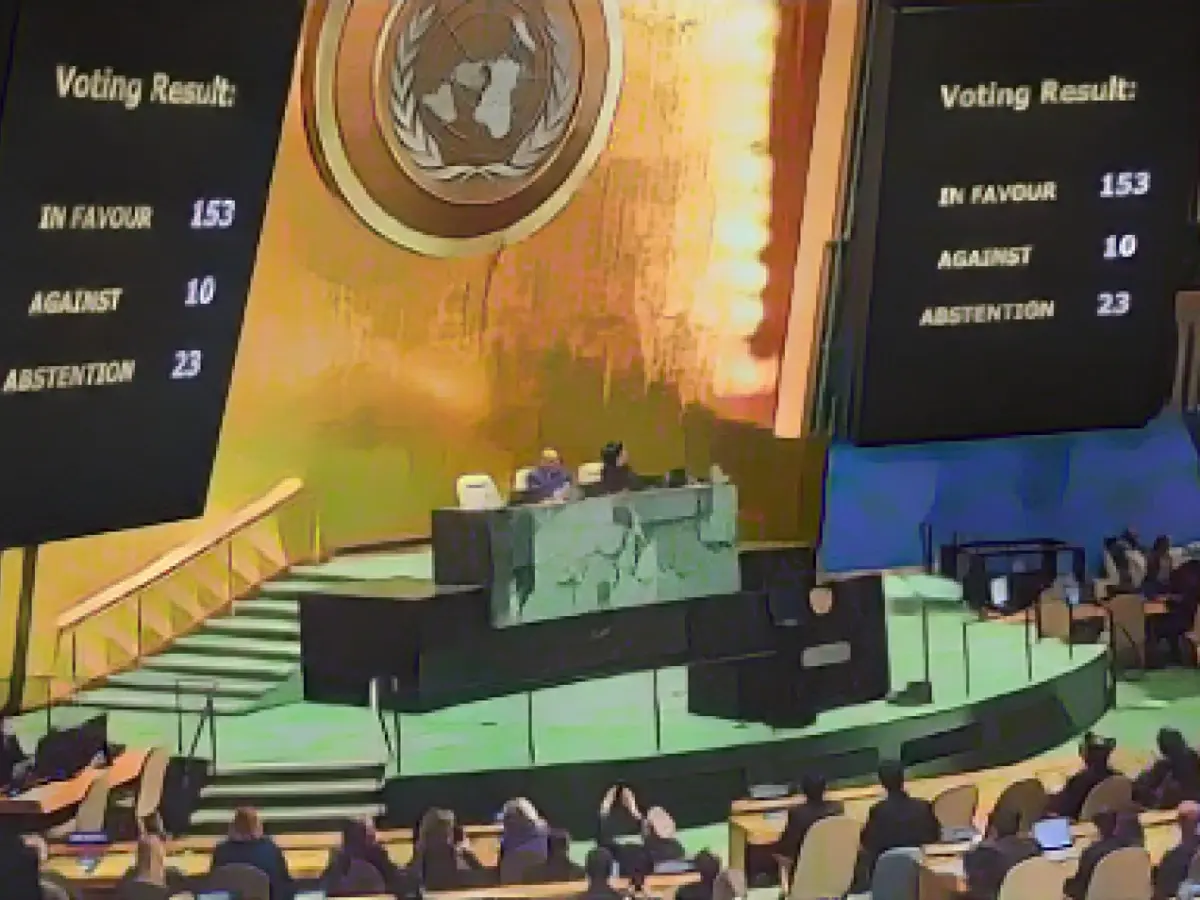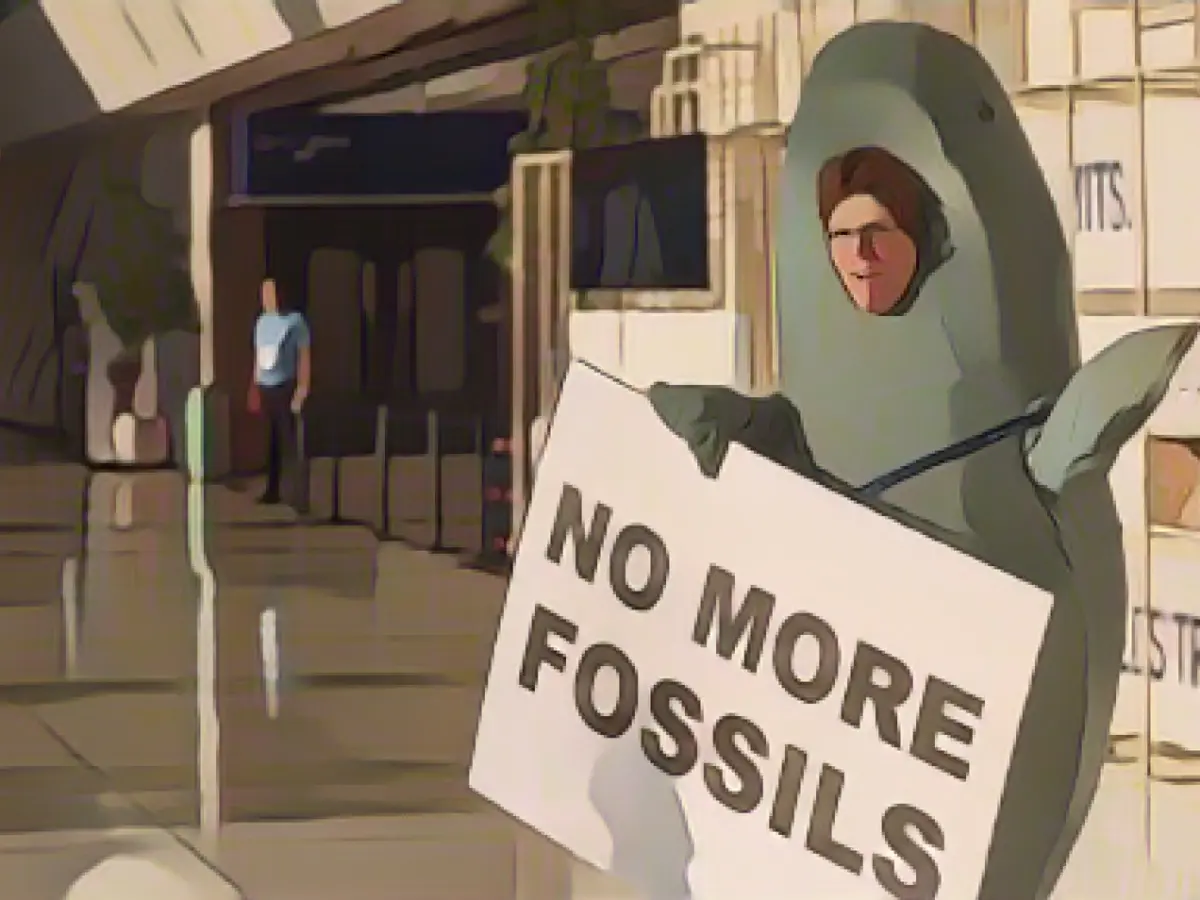Gaza Conflict Sparks International Response: Guterres Takes Unusual Steps
The situation in Gaza has become a global concern, with increasing criticism of Israel's military actions. In response, UN Secretary-General António Guterres has taken an unconventional approach to put pressure on Israel.
As casualties mount and criticism of Israel's actions in Gaza escalates, Guterres has bypassed traditional methods and put the Middle East conflict on the UN Security Council's agenda, a move some view as provocative towards Israel. However, the USA's push for more fuel deliveries to Gaza has brought some relief.
Breaking the Mold: Guterres Invokes Article 99
To spur action, Guterres invoked Article 99 of the UN Charter for the first time during his tenure. This provision empowers the Secretary-General to bring critical matters to the attention of the Security Council if they pose a threat to international peace. While invoking Article 99 doesn't carry a direct consequence, it highlights the gravity of the situation.
Guterres urged the Security Council to act swiftly to prevent a humanitarian crisis in Gaza, a rare public plea for immediate intervention. He emphasized the urgency of declaring a ceasefire to protect civilians.
Additional Insights
Invoking Article 99 is reserved for severe crises that require immediate international attention. In this case, Guterres voiced concern over the deteriorating situation in Gaza, expressing worry about an impending humanitarian collapse and the potential impact on the Palestinian population and regional security.
Pressure from the USA
Israel's foreign minister viewed Guterres' call negatively, labeling it support for Hamas. Under US pressure, Israel agreed to allow more fuel deliveries to Gaza to avoid a humanitarian crisis and prevent epidemic outbreaks.
The specific increase in daily fuel allowances hasn't been disclosed. Israel is wary of Hamas misusing fuel, fearing it could be used for destructive purposes like rocket launches.
Additional Insights
The decision to increase fuel deliveries underscores the USA's mounting concerns over the developing humanitarian situation in Gaza and its commitment to minimizing further suffering. It also reflects the intricate balance between safeguarding domestic security and addressing humanitarian needs in conflict zones.
Global Response
The UN Security Council met to discuss the matter, with Guterres in attendance. The crisis in Gaza has polarized the international community, with some nations defending Hamas' actions, condemning Israel's response, or advocating for a ceasefire and aid delivery.
The USA has raised concerns, but its efforts to broker a ceasefire have been met with resistance. Debates on international law, ethics, and the UN's role in intervening in conflicts continue. Protecting civilians from further harm is crucial as Israel-UN relations strain, with many countries voicing displeasure or hostility towards Israel.
Enrichment Data (Integrated)
- Unusual UN Action: Guterres invoked Article 99, a rarely exercised power, to warn the Security Council of an impending humanitarian catastrophe in Gaza. He urged the council to demand an immediate ceasefire and expressed grave concern about the deteriorating humanitarian situation in Gaza.
- Push for More Fuel: Israel agreed to allow more fuel deliveries to Gaza under US pressure to prevent a humanitarian crisis and epidemic outbreaks. The exact increase in daily fuel allowances remains unclear, as Israel will review it periodically to reflect the humanitarian situation in Gaza.
- Divided International Community: Various nations have issued statements condemning the violence and calling for a ceasefire. Some countries, like Australia, Brazil, France, and Norway, have expressed strong condemnation of the violence and urged for a peaceful resolution.
- Regional and International Reactions: Egypt, Jordan, Qatar, and Turkey have mediated diplomatic efforts, advocating for a ceasefire and humanitarian aid. The European Union and Turkey have suspended exports to Israel due to its military operations in Gaza.
- Humanitarian System at Risk: Guterres worried that Gaza's humanitarian system is on the brink of collapse, resulting in over 16,200 deaths and displacing 80% of the Gaza population. A complete system collapse would have irreversible consequences for Palestinians and regional security.
- Diplomatic Efforts: An Arab delegation will visit Washington to press for an immediate ceasefire. Guterres described Guterres' action as a "dramatic constitutional move," indicating his concern for the escalating humanitarian crisis in Gaza.
